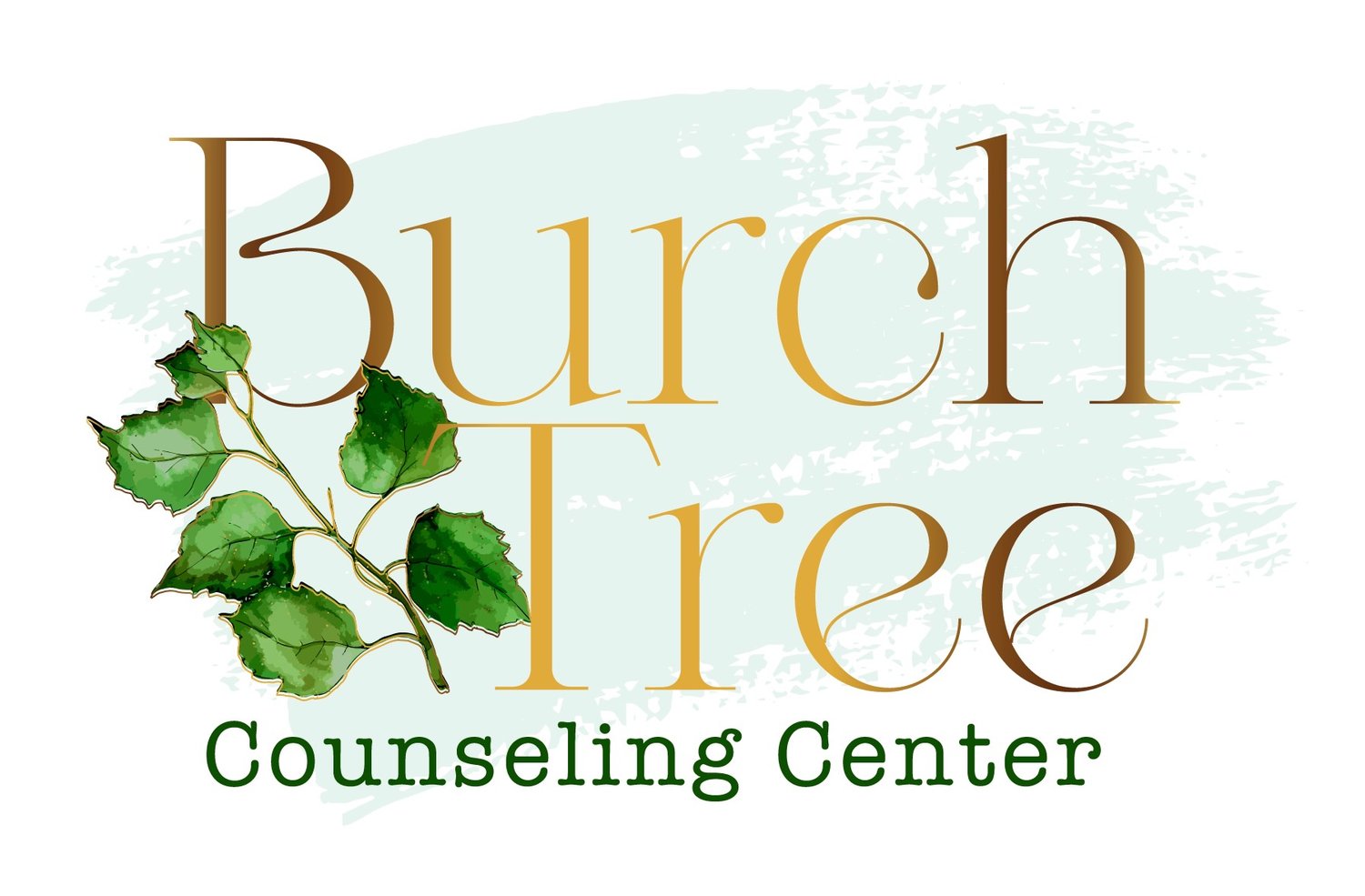How to Cure Sadness by using your Brain’s Happy Chemicals to its Advantage
Introduction
You can use your brain's chemistry to become happy. It all starts with understanding how your brain works, and how different chemicals affect your mood. The first step is to understand a little bit about neurotransmitters: what they are, what they do and how they interact with each other.
What are the Brain's Happy Chemicals?
The brain's happy chemicals are called neurotransmitters. They're the substances that send messages from one part of your brain to another, and they make us feel good when we experience something positive. They've been studied for decades by scientists who want to understand how our brains work--and what happens when they don't function properly.
The most important neurotransmitters for happiness are dopamine, serotonin, oxytocin and endorphins. Dopamine is responsible for motivation and feeling good; serotonin helps regulate moods and helps us feel respected/seek respect; oxytocin makes us feel connected with others and build trust; and endorphins help control pain perception in times of stress or excitement--like when we see our favorite sports team win!
Serotonin
Serotonin is a neurotransmitter that regulates mood, appetite, and sleep patterns. It also helps us feel respected and seek respect. Low levels of serotonin are associated with depression and anxiety, while high levels can make you feel relaxed.
You can increase your serotonin by eating foods high in tryptophan (like turkey) or taking supplements like 5-HTP or L-tryptophan (which we recommend talking to a doctor before taking). You can also give a friend a hug, reminisce on what you're grateful for, exercise, meditate, and practice positive thinking to increase this happy chemical!
Endorphins
Endorphins are natural painkillers that are released by your body when you exercise, have sex (and sometimes even when you eat chocolate). They're also responsible for that "runner's high" that some people experience after a long run or other intense physical activity. Endorphins can make us feel happy and relaxed, which explains why so many people enjoy going for runs or playing sports.
The best part? You don't need to be an athlete to get endorphins in your system; anyone can activate them by exercising regularly--even if it's just walking around the block! Some more ways to increase this happy chemical are to laugh, perform a random act of kindness, and get out in the sun!
Dopamine
Dopamine is a neurotransmitter/happy chemical that is responsible for reward and motivation. It also plays a role in attention, learning, and memory. Dopamine is released when you experience something pleasurable or rewarding and it helps to reinforce those behaviors so you'll do them again in the future. To produce more of this happy chemical listen to some happy tunes, exercise, and do some activities that you enjoy!
Oxytocin
To be happy, you need to use your brain chemicals. One of the most important ones is oxytocin.
Oxytocin is a hormone that's released during hugging and breastfeeding. It makes you feel good by increasing trust, decreasing anxiety and improving bonding with others. To increase this chemical, you'll need to do anything that increases trust. Some examples could be to hang out with friends, physical touch, hug, and engage in meaningful interactions!
Cortisol
Cortisol is a hormone that helps us respond to stress. It's also known as the "stress hormone" because it's released when you experience any kind of pressure or tension. For example, if someone cuts you off in traffic, your body will release cortisol to help you cope with the situation by increasing blood pressure and heart rate so that you can react quickly enough to get out of their way.
This isn't always a bad thing: sometimes we need cortisol for short bursts of energy during moments of high stress--like when we're running from danger! But too much exposure over time can cause problems like weight gain or feeling depressed (especially if this happens during puberty).
Conclusion
We hope this article has helped you understand how the brain works and what it takes to increase your happy chemicals! If you'd like to learn more about how these chemicals affect your mood and how to become happier, schedule a counseling appointment with Burch Tree Counseling Center by clicking the link below, calling (813) 308-9744, or emailing admin@burchtreecounselingcenter.com!







